Not many of us can say we spend our days in the lab researching cancer fighting treatments. As a Postdoctoral Fellow at University of California, Berkeley, Jeanine Amacher does just that.
After receiving her degree in physics from University of Oregon, Jeanine went on to receive her doctorate in biochemistry from the Geisel School of Medicine at Dartmouth. Jeanine combines her undergraduate research skills and doctorate studies to research an E3 ubiquitin ligase protein. For us mere mortals without the PhD, this means finding alternative treatments for cancer.
Through it all, Jeanine is focused on her ultimate goal- becoming a tenured university professor and running her own academic research lab. As a scientist, she loves asking “questions that have never been addressed in human history that can make positive contributions to human health and disease.” How’s that for one beautiful career goal?!
Not only does Jeanine walk two miles to and from her lab daily, she also squeezes in time for additional exercise (including teaching spin class at the campus gym), getting outdoors, seeing family and friends, and doing science outreach at local schools. The balance helps her keep a positive perspective through the ups and downs of scientific research.
Today Jeanine shares some of the challenges women face in science, her thoughts on health and happiness, and her favorite football team. (Hint: Go Ducks!)
Her Starting Point
You earned a BS in Physics from the University of Oregon. When did you know you were passionate about science and research?
I was lucky to work in a research lab the summer following my freshman year as a Research Experience for Undergraduates (REU) student, and continued while I was at the University of Oregon. In Professor George Rayfield’s biophysics lab, we exploited the natural photocycle of the protein bacteriorhodopsin for use as a 3D holographic information storage material - which, is basically just really, really cool! It was my first exposure to life as a research scientist, and I was hooked early on. As scientists, we have the opportunity to ask questions that have never been addressed in human history that can make positive contributions to human health and disease - that is absolutely amazing to me!
As an undergraduate, you were a research assistant in a biophysics lab. Upon graduation, you worked as a full-time research assistant in a different lab. How did you balance research while being a full time student? What was the transition like to being a full-time researcher after you graduated?
Balancing coursework and research as an undergraduate was an excellent primer in time management, a critical skill for biomedical researchers. Although experiments often take longer than you anticipate and things usually do not work exactly how you planned, it is important to be organized and have a rough idea of how much you can reasonably get done in a day.
In science, as in many fields, no one will ever tell you to stop working. While the flexibility of making your own schedule is nice, the pressure to fit in just “one more experiment” can be overwhelming. It’s important to keep moving things forward, and striking a good work-life balance is difficult.
From the University of Oregon you went on to receive your PhD from Dartmouth. What was the most challenging part of your education trajectory? How did you keep yourself from getting burnt out?
Graduate school is challenging. Earning a biomedical doctorate is a long road, averaging five and a half years in the U.S. However, you have the freedom to create your own schedule that fits your personality and learning style. I was fortunate to have an excellent advisor in Professor Dean Madden, and to be in a doctorate program with amazing people. In addition to the intellectual benefits of working alongside bright and driven scientists, I also made great friends and fell in love. This helps the years go by quickly. On a day-to-day basis, I found living a healthy lifestyle, including lots of sleep, exercise, water, and healthy food dramatically contributed to an optimistic perspective on my journey.
How did your experiences at the University of Oregon and Dartmouth prepare you for your current position as a Postdoctoral Research Fellow at UC Berkeley? Can you tell us more about your postdoc work?
When I was majoring in physics at University of Oregon, people used to say, “Oh, I could never do quantum mechanics.” I’d reply, “Well, I couldn’t have either, before taking calculus and introductory physics classes, etc.” There is a reason we have prerequisites in college - everything we learn builds upon and prepares us for the next step. My undergrad experience introduced me to research and set me on the course to Dartmouth. My time at Dartmouth taught me skills and scientific knowledge important to me in my postdoc. There is still so much that I don’t know and am learning!
In Professor John Kuriyan’s lab at UC Berkeley, we are interested in signaling pathways in the cell that involve receptor tyrosine kinases. These are proteins at the cell surface that respond to growth cues and hormones, and instruct the cell to divide. Mutations in these proteins can lead to uncontrolled cell growth and are implicated in many cancers, including lung, gastrointestinal, bladder, breast, and pancreatic cancers, as well as leukemia. The first tyrosine kinase inhibitor drug (i.e., the cancer drug Gleevec) was FDA-approved in 2001; however, compensatory mutations in the tumor that arise over time unfortunately make these tyrosine kinase inhibitor drugs ineffective upon prolonged use. Therefore, additional therapeutic strategies need to be identified.
Specifically in my work, I am studying an important protein in this pathway that is an E3 ubiquitin ligase, meaning that it is responsible for attaching a small protein called ubiquitin to these receptors, leading to their degradation and the attenuation of signaling. Our hope is that if we can understand more about the basic structure and function of this E3 ubiquitin ligase, ourselves and/or others can develop ways to "hyper"-activate it in the cancer cell, with a drug, for example. This future drug would be capable of stopping cell growth, even in the presence of the other cancer-causing mutations by turning "off" the tyrosine kinase pathways.

Her Big Break
What keeps you motivated and driven in your research? What is your ultimate goal?
My ultimate career goal is to get a tenure-track position in a major university (cough cough University of Oregon cough cough), teach, and run my own academic research lab. My ultimate science goal is to make some sense of these crazy cellular components in our bodies that will lead to therapies or understanding towards eradicating human disease.
The science itself is motivating however, experiments are challenging and can be very frustrating. I’m equally motivated by mentoring, either graduate students or undergraduates, and doing science outreach teaching lessons in local elementary and middle schools. Watching younger students discover and get excited by science and the natural world puts temporary experimental roadblocks into perspective.
We hear you were recently awarded the Jane Coffin Childs Fund Fellowship. Congratulations! How will this fellowship contribute to your current research and career goals?
Thank you! I am very excited to become a Jane Coffin Childs Fund fellow this month. This fellowship dramatically affects my research and career goals. In addition to providing my salary and some research money over the next three years, I will attend a symposium each year to network with my peers and learn about their research. I am also planning to attend a meeting in Croatia this September, related to the work I am doing, which would not be possible without travel support from this fellowship.
Writing postdoctoral fellowship applications taught me a lot about the grant writing process, a big part of the life of an academic scientist. Although I did get grant writing training during my qualifying exam in graduate school, I had never communicated with funding organizations or grants management offices and personnel before writing my postdoctoral fellowships.
If we had the chance to peek into your schedule, what does a typical day look like to you?
I love routine and would be happy with the same day every day. Therefore, my typical day is quite like most of my days: the first thing I do in the morning is walk a little over two miles to lab. I will set up an experiment or get something started for the day before walking downstairs to a great cafe in our building, Yali’s, for a skim vanilla latte. The atmosphere at the coffee shop is a great place to check emails, write, and do computer data analysis.
After heading back upstairs and either purifying protein from bacteria or running assays using that purified protein (two things biochemists do often), I will go for a run on a Fire Trail that is above the Berkeley campus. After lunch, I am typically doing more assays, protein prep, or data analysis.
I am a structural biologist, so I may also be looking at or solving a protein structure, using X-ray crystallography. As a morning person, I tend to get into lab on the earlier side, and usually have things wrapped up by 5:30 or 6:00 p.m., when I start my two mile walk home.
Interspersed in my daily routine are weekly lab meetings or seminars. In addition, I coordinate the undergraduate students in our lab, am involved in science outreach, and participate in other groups around campus.
Throughout your research, you have presented your work across the nation at conferences and internationally. Why are these presentations important to your research? How do you prepare to talk in front of a group?
Effective science communication, both written and oral, is critical to success in science. As scientists, I strongly feel that we are responsible for knowing how to communicate our work to both fellow experts in our areas of study, as well as to non-scientists in the general public.
Of course, this is easier said than done. Condensing multiple years of work into one 20 minute presentation, in a way that it is clear and engaging, is challenging. There are two essential components in learning how to give a good science talk- training and practice. My doctorate advisor, Professor Madden, spent many hours with me going through my early presentations slide by slide, guiding me on how to give a compelling talk. To the other point, practice. Before my conference presentations, I gave over a dozen presentations of different lengths (15-50 min) at Dartmouth. These intra-institution talks helped enormously when it came time to present my work to an outside audience.

Her Perspective
As a busy PhD student at Dartmouth, you still found time to teach spin classes on the campus gym. We’re impressed! How important is staying active to you and how do you continue to live a balanced life? How do you make time for both?
Living a balanced life is so, so, so important to health and happiness! Was that convincing enough? Just in case it was not, I’ll reiterate: so important!
The work culture in America has gotten extremely out of hand, with many sacrificing time with their families and health to work more hours. This is especially apparent where I live in San Francisco. There are multiple startups catering to removing the daily essentials from a person’s life (e.g., buying groceries and even eating!), so they can work longer hours.
It has always been important to me to stay active and live a happy life, and I find that my work benefits from that balance. For me, the alternative is I stop sleeping from all of the stress. That is no fun for anyone! I’ve been taking spinning classes since college, and getting into teaching was a fun and logical next step - as a teacher, I get to attend my perfect spinning class every time, since I am the one designing the workouts.
At UC Berkeley, I run every day, and find that this time is never wasted. During these runs, I actively think about science or organize the rest of my day. I know time management will get more challenging as I progress in my career and have a family of my own, but I’m confident that daily exercise will always be a necessary part of my routine.
What are some issues that women face in science? What have been some of the most challenging parts of your own career?
The challenges women face in science are almost too numerous to list, but I will highlight a few here.
Although women are currently earning just over 50% of the doctorates in the biological sciences, they remain vastly underrepresented, less than or equal to 20%, of tenure-track faculty at major research institutions. Research studies have shown that this staggering statistic is not due to the department search committees choosing not to hire women at the Assistant Professor level, but in fact due to women leaving science voluntarily, a phenomenon known as the “leaky pipeline.” You cannot expect to hire 50% women for your department if they only make up 10% of the applications.
It is hard to fault women who remove themselves from the academic track; however, considering the family planning options at American universities are poor or nonexistent. This problem affects both men and women. The lack of maternity leave and financial support for young families is a huge issue in our country.
Unconscious bias is another challenge for female scientists. Studies have shown the vocabulary in reference letters about women tend to be different than for men: including words like “helpful,” “kind,” and “sympathetic,” as opposed to “independent,” “confident,” and “intellectual.” Unconscious bias is also rampant when hiring committees initially scanning resumes; researchers at the University of Chicago found that an identical resume, different only in the name at the top, was scored differently based on the perceived gender or race of the applicant.
What is the best advice you have received in your field? What is your advice to young women looking to pursue studies or a career in science?
The best advice I have been given is to ignore the statistics, do great work, and focus on your career and what you want to achieve. When I was deciding between the University of Oregon and UC Berkeley for my undergraduate studies, my cousin Professor Sharon Amacher (who began her career and was awarded tenure at UC Berkeley and is now a Professor of Molecular Genetics at the Ohio State University), advised me not to worry about attending a large public university with thousands of students. A UC Berkeley alumna herself, Sharon said that as long as she was sitting in the front row, it didn’t matter how many hundreds of students were behind her in General Chemistry or Biology 101.
This advice has stayed with me these past twelve years as I’ve progressed in my own career. The best I can do is position myself well for the career I want, choosing the trajectory that gives me the best opportunity for success. Great mentors are critical, and having female scientists that I admire and look up to is important, but at the end of the day, it is about my science, the questions I am asking, and how I can leverage that into a career as a university professor.
And finally, what do you wake up looking forward to? What’s next for your career?
A chronic optimist, there is a lot that I wake up looking forward to! I love science, thinking about experiments and devising ways to test my hypotheses. I love being outdoors, whether that is running or other activities (fortunately, the weather in California is nice 99.9% of the time). I love my fiancé, family, and friends, and wake up looking forward to my time with them. I love adventure and experiencing new things. I love the University of Oregon Ducks, and cannot wait for football season to start!
In my career, I am lucky this summer to be getting some teaching experience at the collegiate level. I will be lecturing for an entire week in an undergraduate biochemistry and molecular biology class at UC Berkeley. In addition, I am doing a guest lecture in biology at the San Quentin State Prison, as a part of the Prison University Project, which I am looking forward to. I will also be mentoring two undergraduate students, continuing my own experiments, and finding the time to get married (!) at the end of July, so all-in-all a very busy summer. Long term, I plan to be in my postdoc for another four years, during which time I will start applying for assistant professor positions around the country, likely focusing on the west coast and New England. And then, the real fun (hopefully) begins!
You May Also Like
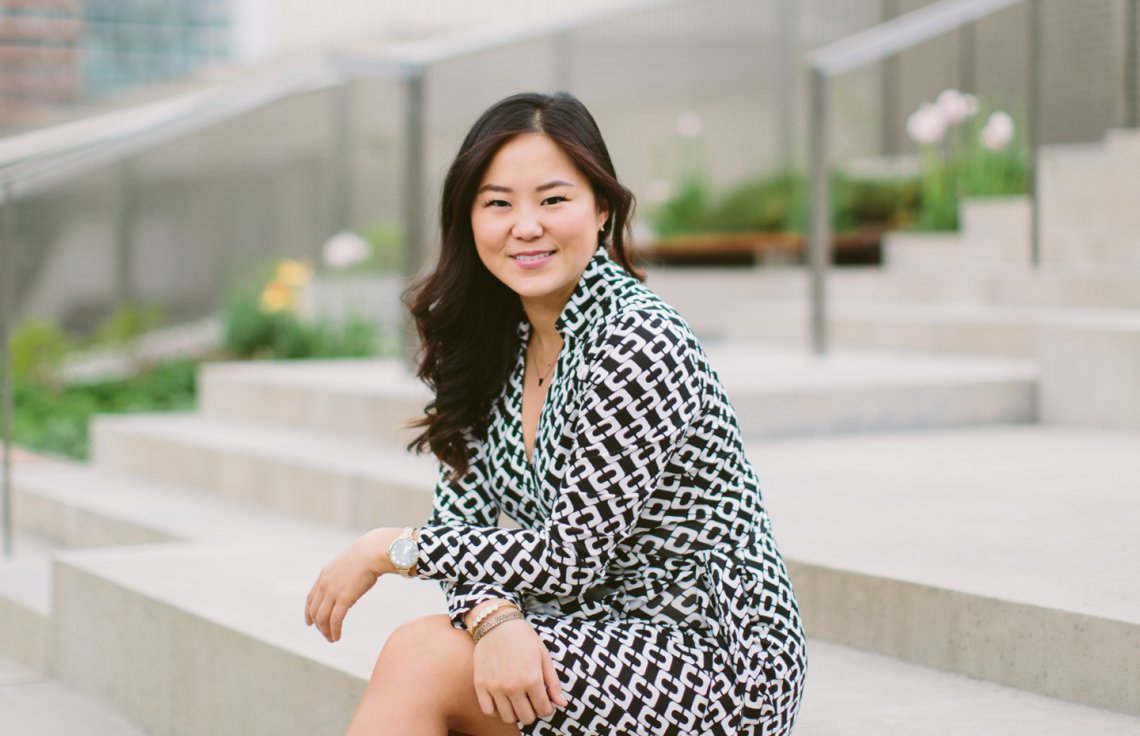
Government + Public Policy
How to Become a Foreign Service Officer
Ever wondered what it would be like to work in Foreign Affairs? Gloria Chou knows, and she's spilling.
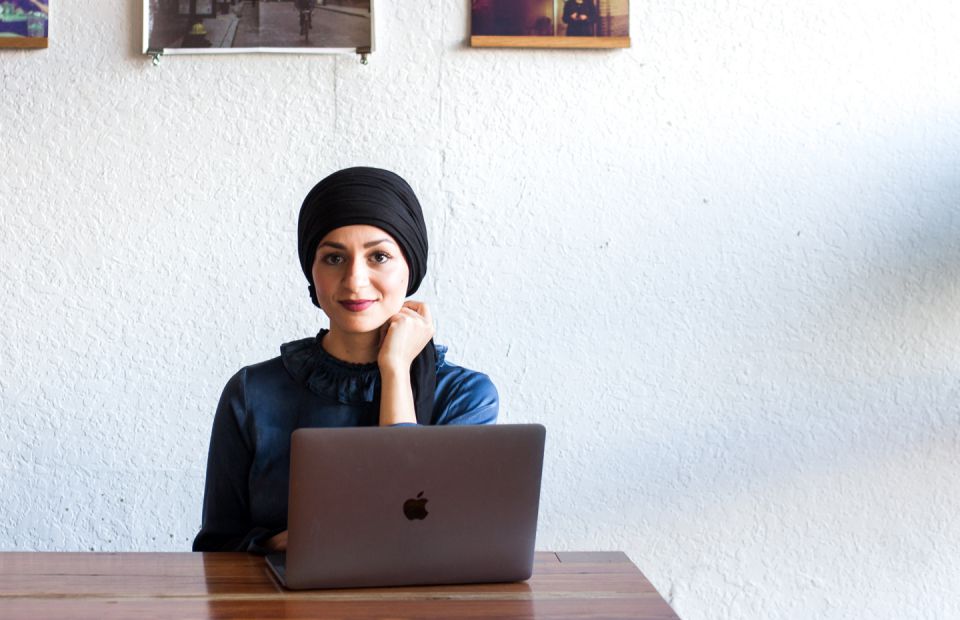
Government + Public Policy
Noor Elkhaldi on Taking a Break From School to Work as an SVU Counselor
"You cannot care for others if you do not care for yourself."
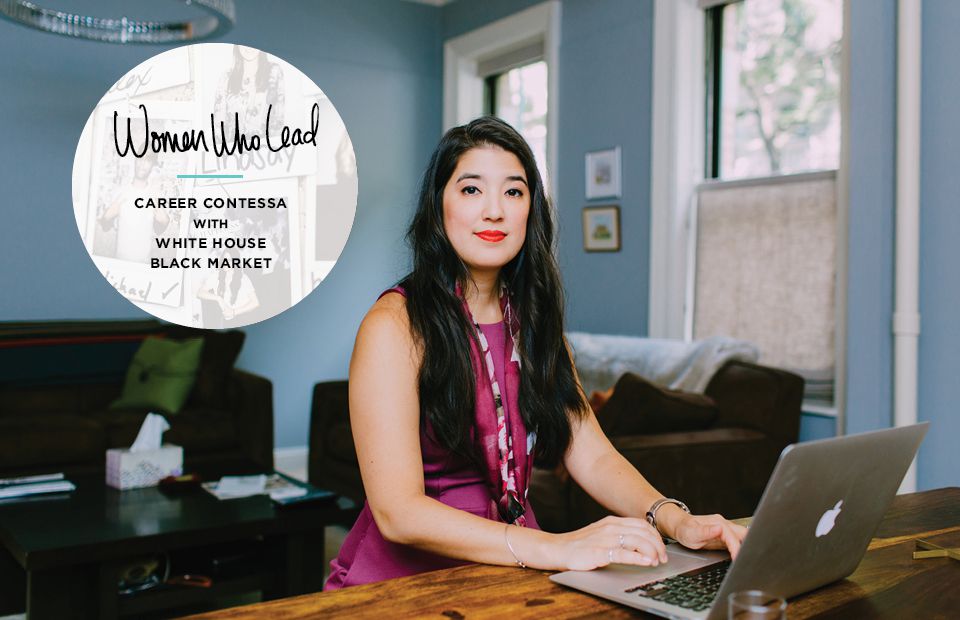
Consumer Services, Education, Finance
Women Who Lead: Alexandra Dickinson, Founder and CEO of Ask For It
On taking risks and asking for more—always.
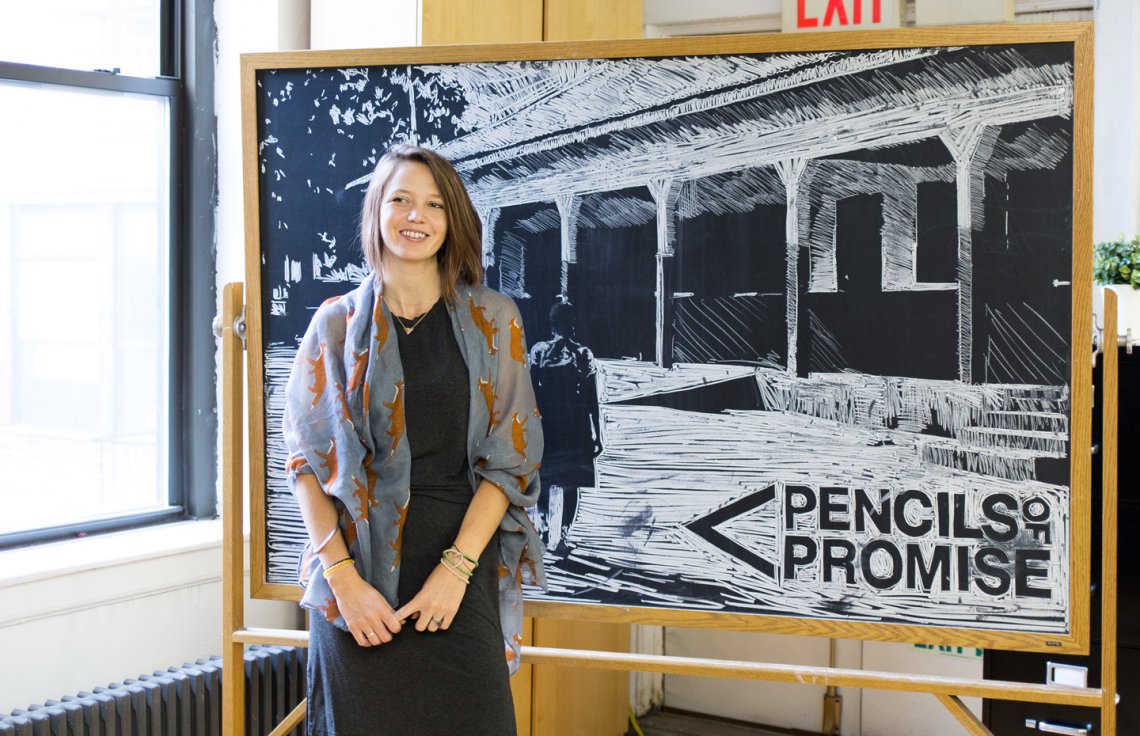
Nonprofit, Social Responsibility
Leslie Engle Young on What a Director of Impact Actually Does
This philanthropic globetrotter found her dream career working at Pencils of Promise.
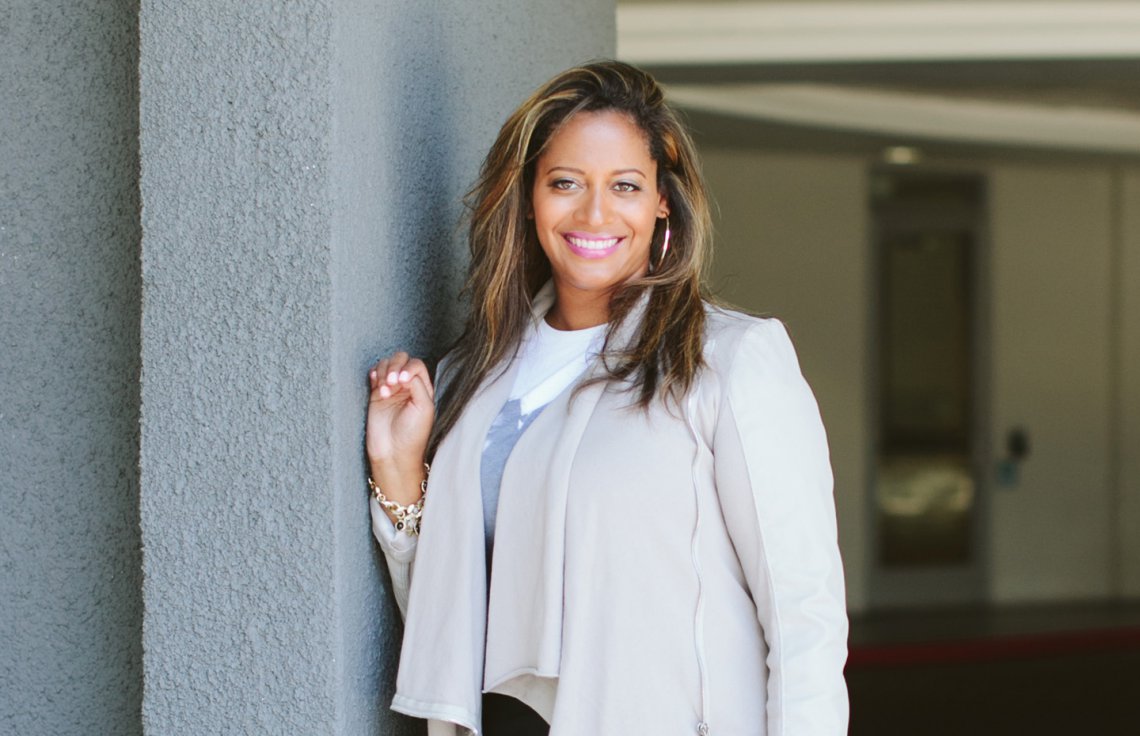
Entertainment, Government + Public Policy
Meet the Woman Behind Your Favorite T.V.
See how Candace's legal background has helped her climb the ladder to a director role at Sony Pictures.
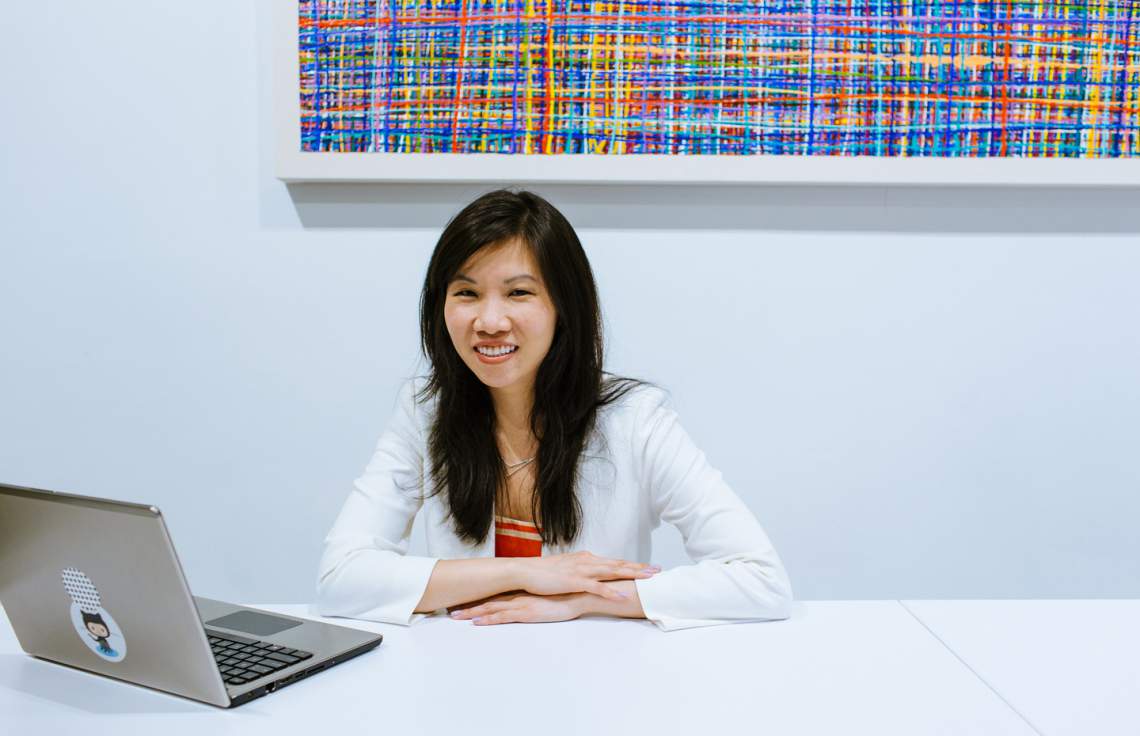
Government + Public Policy
This Millennial Entrepreneur Talks Politics, Activism, and...How to Vote?
Election season's almost over, but Maria Yuan's company, IssueVoter, is just getting started.
Get the Best Career Advice Delivered To Your Inbox
Join our newsletter to stay in the loop.
